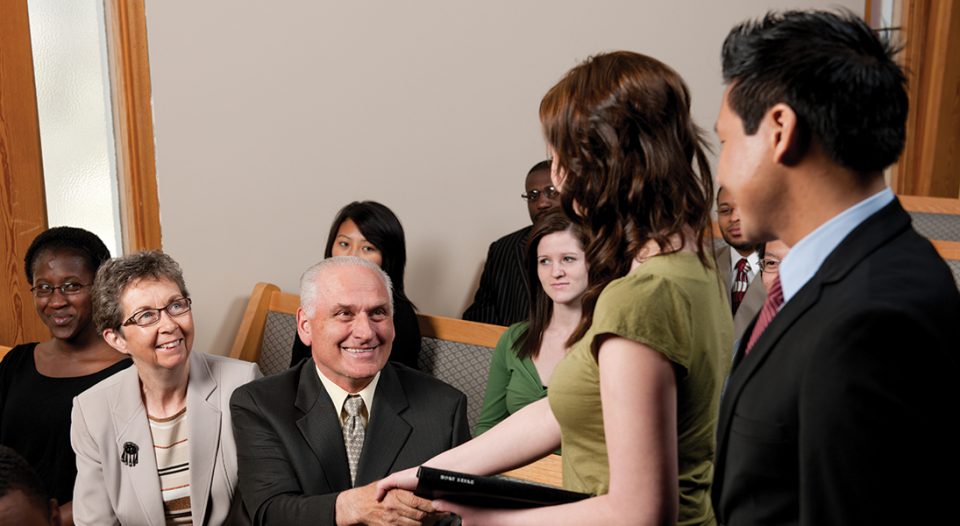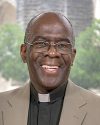Over recent decades, I’ve witnessed much change across the church. As a professor and parish pastor, I’ve been able to observe the church and the seminary each from the lens of the other: my teaching and research have informed my work in the parish, while my work in the parish has informed my teaching and preparation of students for ministry. Recognizing the challenges of the parish is an advantage when working with students. Watching parishes dissolve and pastors become disenchanted with their work has led me to a lot of reflection and prayer.
I’m prompted to ask other seminary professors, “What kind of church are we preparing these students to lead? How do we get them ready for the current challenges while preparing them for a church that is constantly evolving?” (I say “evolving” because I don’t subscribe to the idea of seeing decline and decay in the church; rather, I see a church crying out for reform and new models of ministry that will encourage greater inclusivity and an enhanced quality of community.)
I’ve spent many years working in contextual formation and found that work to be very rewarding. I’ve worked with students to place them in their field education, clinical pastoral education and internship sites. I was blessed to follow their progress from the start of their seminary education to their ordination or entry into other public ministries.
Some of our students came to seminary saying, “I want to serve the church, but I don’t want to be a parish pastor.” I would ask myself, what are these people trying to tell me about the office of pastor? Have they observed some deeply challenging demands placed on a parish pastor, or do they see pastoral leadership as too complex and overwhelming? I had to remind myself that not every ministry candidate is being called to serve as a parish pastor. Many are called to serve in other capacities and still need to be trained theologically.
I’m always glad to hear some students say they want to explore serving the church in other capacities. While we need parish pastors for leadership, the church has become greatly blessed by the myriad gifts brought to us from the ELCA’s Word and Service roster. I believe this roster, along with Word and Sacrament, will help us greatly to discover new models of ministry and new ways of “doing church.”
I’m prompted to ask other seminary professors, “What kind of church are we preparing these students to lead? How do we get them ready for the current challenges while preparing them for a church that is constantly evolving?”
In my seminary work and as a mentor, I’ve listened to our students, encouraged them and watched them grow in their ministry. Coordinating internships for the church demands observing and assessing others’ emotional and spiritual growth. One must evaluate each site as a laboratory for learning.
Internship supervisors are critically important: Are they capable of stimulating growth in the student? Can they balance the needs of the student as a future church leader, the needs of their parish and the needs of the church and society? Connecting a student with the right supervisor is critical for the candidate’s development. Most of the time, the environment in which the student is placed is excellent for growth—spiritual, emotional, intellectual and professional.
As a practical theologian on the faculty, I have greatly appreciated the work done by my colleagues. Faculty members in the biblical, historical and systematic areas have done a fine job in helping students gain theological perspective and apply it to their various ministry contexts. As I visited internship sites, I often heard supervising pastors and lay committee members remark that they were impressed by their intern’s knowledge and readiness to further her or his training in parish ministry.
Laypeople saw that what interns needed most was practical training, and congregations were prepared to take on the responsibility for this task. Most knew what good pastoral leadership looked like, and many congregations took their teaching role seriously, realizing that they were helping to raise up a leader for the entire church.
Working with each intern or field student brought these congregations pride and a sense of serving God’s church beyond the parameters of their parish. This sort of partnership is to be cherished and encouraged.





